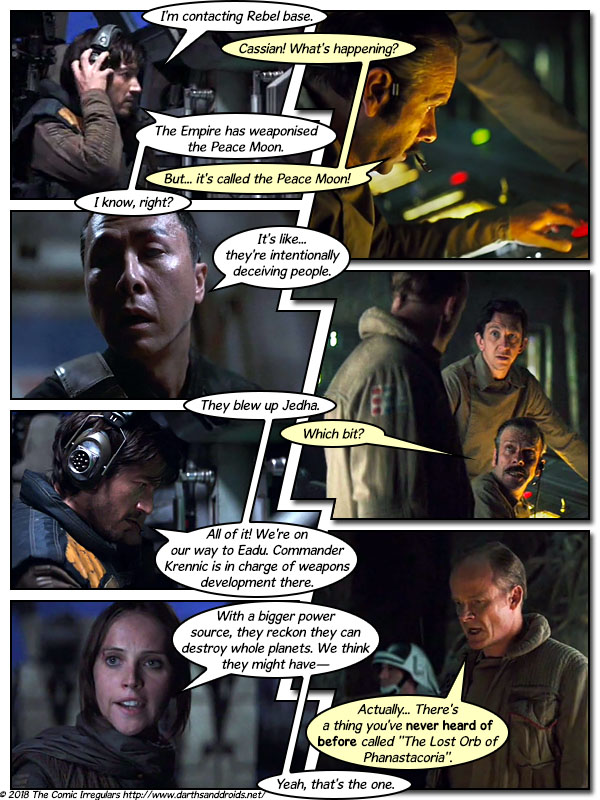The ability to check in with a command base brings a few different things to a scenario. Firstly, it means that higher-ups can be briefed on what is happening and, more importantly, can issue orders. This can be a problem for field operatives who are supposed to be self-reliant, and can reduce the sense of independence and adventure. This is recognised in various forms of fiction. For example, in Star Trek, the USS Enterprise very seldom reports in to Starfleet Command to update them and receive orders. (The reasons are more to do with plot than technology, since we do see them do it on rare occasions.) This gives the starship captain independence and responsibility for their actions, which are important ingredients for good drama.
So, taking a lesson from this into roleplaying games: It's a good idea if the team of protagonists isn't constantly tied to reporting back to command and receiving new orders. Make sure to give the players autonomy when out in the field.
On the other hand (you knew there'd be a flip side)... Having the ability to contact base can give the GM a handle for informing the PCs when they're screwing up and getting them back on track for your planned adventure. Which can sometimes be more important than complete autonomy.
[Reminder: Our guest commentators have not seen Rogue One. Part of the fun is seeing how their untainted impressions re-interpret the movie through the lens of our comic.]
First smart move. Contact home base, and let them know what's going on. Stating the obvious: it's called the Peace Moon, it's like they're intentionally deceiving people. Next smart move: telling home base where you're going. Jim even has a great idea: advise home base of what your concerns are.
Just remember to keep in mind that you don't know what you don't know. And here, Jim should know that he doesn't know that he doesn't know about the Lost Orb.
Right, Jim doesn't have player vs. character separation yet. He doesn't get that until he becomes a carbonite popsicle.
... Hang on a second. There is an Imperial soldier with them right now. They're speaking in plain text in front of a potential enemy about a gigantic power source. And they're going to the guy in charge of weapons development who would want that gigantic power source.
As much as that Imperial soldier has been mistreated as a negotiation patsy, you have to wonder. Would he be considering that maybe he would get a medal, and/or a promotion, if he were to turn in a bunch of Rebel traitors plus information about the Lost Orb to the very person that they are going to be seeing?
— Keybounce
How subtle Mr. GM.
Jim's still struggling with in-character/out-of-character knowledge separation it seems. Thankfully, the GM is a quick thinker and just gave Jim's character the information, while also reminding him that he has no reason at all to know what that is.
Not that Jim picked up on any of that of course.
So will this whole thing actually be a plot to get the Orb, but in order to know where the Orb is, they need to get the plans to the Peace Moon...?
— aurilee
Transcript
Cassian: I'm contacting Rebel base.
Rebel radio guy: Cassian! What's happening?
Cassian: The Empire has weaponised the Peace Moon.
Rebel radio guy: But... it's called the Peace Moon!
Cassian: I know, right?
Chirrut: It's like... they're intentionally deceiving people.
Cassian: They blew up Jedha.
Rebel radio guy: Which bit?
Cassian: All of it! We're on our way to Eadu. Commander Krennic is in charge of weapons development there.
Bria: With a bigger power source, they reckon they can destroy whole planets. We think they might have—
General Draven: Actually... There's a thing you've never heard of before called "The Lost Orb of Phanastacoria".
Bria: Yeah, that's the one.

